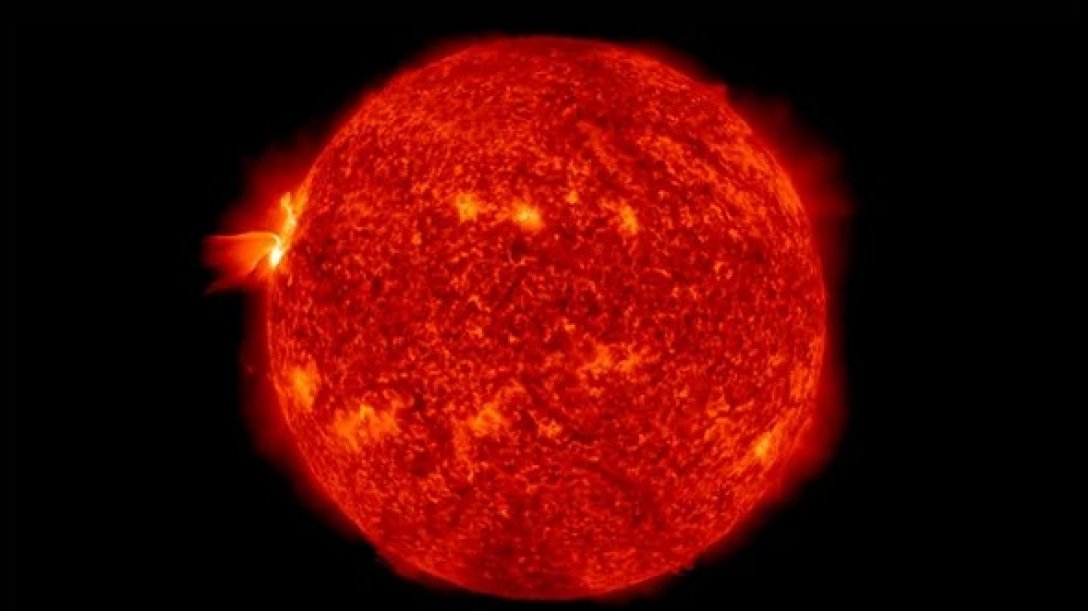Нова незвичайна теорія, відома як панпсихізм, викликає зацікавленість та обговорення серед вчених та філософів. Згідно з цією теорією, уся матерія, включаючи не лише живі організми, а й неорганічні об’єкти, такі як Сонце, має свого роду свідомість чи розум.
Теорія панпсихізму стверджує, що все у Всесвіті має розум або подібні до розуму якості, і вона знову набуває популярності, хоча має дуже давнє коріння. Для деяких учених панпсихізм є метафізичною нісенітницею. Але прихильники теорії наполягають, що все навколо нас, навіть Сонце, має свідомість, пише Futurism.
Теорія панпсихізму передбачає, що вся матерія має ту чи іншу форму розуму або свідомості. Навіть Сонце має свідомість, як вважає один учений. Концепція панпсихізму існує вже дуже давно. Італійський філософ Франческо Патриці ввів цей термін наприкінці 16 століття. Але насправді ця концепція сягає корінням часів Стародавньої Греції, коли деякі філософи вважали, що весь навколишній світ є живою істотою, наділеною душею і розумом.
Панпсихізм набув особливої популярності в 19 столітті, але в 1920 роках його знищив філософський рух під назвою логічний позитивізм. Це ідея про те, що наукове знання є єдиним видом прийнятного знання, а все інше є метафізичною нісенітницею.
Але нездатність емпіричних наук розв’язати складну проблему свідомості, тобто чому і як матерія породжує досвід свідомості, нещодавно відродила інтерес до панпсихізму.
Наприклад, 20 років тому італійський нейробіолог і психіатр Джуліо Тононі запропонував інтегровану інформаційну теорію свідомості, яка стверджує, що свідомість що свідомість, по суті, присутня майже всюди.
10 років тому американський нейробіолог Крістоф Кох припустив, що, якщо шматки матерії можуть формуватися в тіло людини та набути свідомості, немає причин, через які групи елементарних частинок не могли б також цього зробити.
Нещодавно біолог Руперт Шелдрейк опублікував статтю, в якій він припустив, що не тільки люди володіють свідомістю, але її має і вся наша галактика. Також вчені вважають, що і Сонце має свідомість.
За словами вченого, свідомість не обов’язково має обмежуватися мозком. Зв’язок між розумом і фізичними системами, мабуть, здійснюється через ритмічні електромагнітні поля, які присутні в нашому мозку. Вони також присутні на Сонці і навколо нього, і вони можуть бути сполучною ланкою між сонячним розумом і тілом Сонця, вважає біолог.
Отже, якщо Сонце має свідомість, воно, ймовірно, знає про діяльність усередині Сонячної системи, вважає Шелдрейк, зокрема тут, на Землі, а також про свої стосунки з іншими зірками всередині галактики та галактикою загалом.
Але немає жодних доказів, що підтверджують цю теорію. Проте вона хоч і незвичайна, але все ж цікава. Сонце є складним об’єктом, який зберігає в собі багато таємниць, які ще належить відкрити людям.
Якщо все, що говорить учений, якоюсь мірою правда, то про що може думати Сонце? За словами Шелдрейка, Сонце, можливо, обирає, в якому напрямку відправити сонячні спалахи або корональні викиди маси, які можуть справити величезний вплив на життя на Землі і до яких наші технології дуже вразливі.



